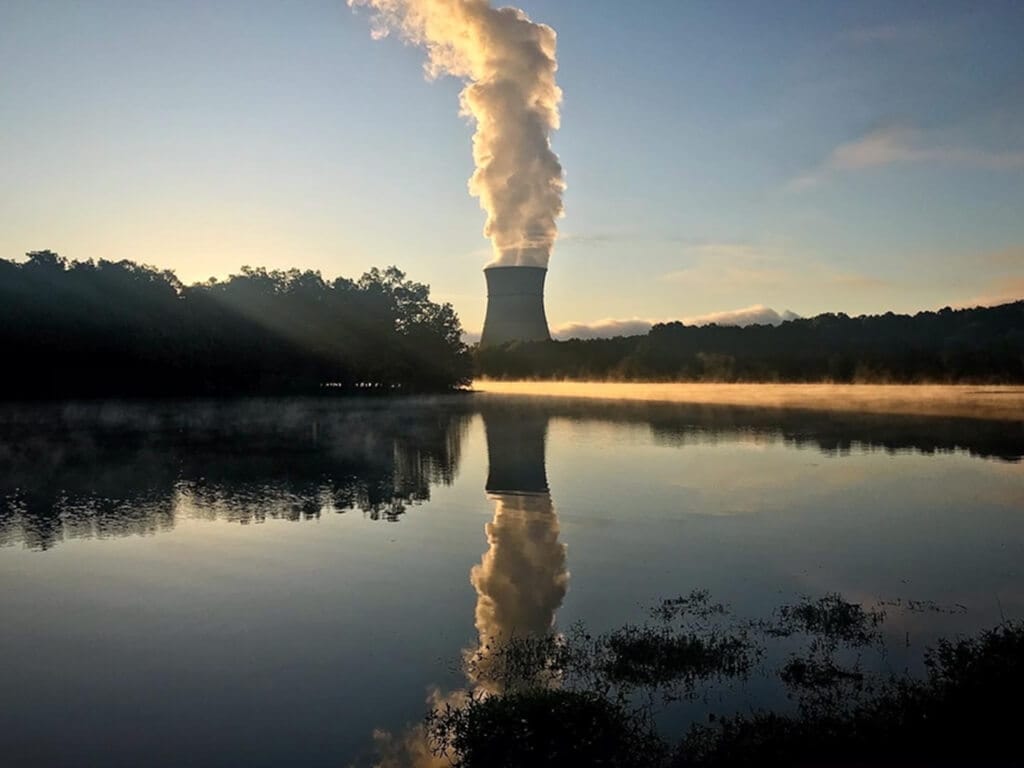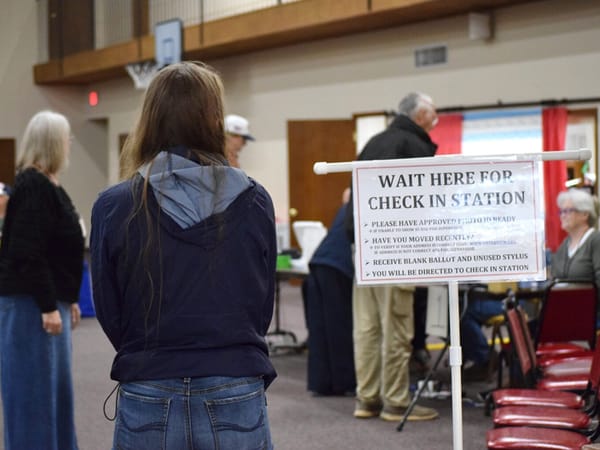Arkansas Weighs Nuclear Expansion to Meet Surging Energy Needs
Arkansas lawmakers approved a $305,000 feasibility study to explore new nuclear power options, including modular reactors, as the state faces rising energy demands from data centers and AI growth.

Concerns that once slowed the growth of nuclear power in the United States, such as radiation threats, security risks, and high costs, are no longer standing in the way. It is now widely accepted that nuclear energy is one of the few practical ways to generate large scale, carbon free electricity to meet rapidly growing demand. States across the country are investing in nuclear energy expansion to meet these needs.
Arkansas, which historically showed limited interest in nuclear power, is now joining this list. State officials are funding feasibility studies to evaluate the construction of new nuclear power plants. Lawmakers aim to position Arkansas as a hub for technology and innovation, and expanding nuclear power is a critical need for that plan.
Changing Energy Landscape in Arkansas
Arkansas, the Natural State, has long relied on its abundant natural resources for electricity. Its renewable energy record is also notable: the state ranks 14th in installed hydroelectric capacity and 16th in biomass generation. Solar and wind power also contribute to the state’s electricity supply. These achievements are points of pride, but much of Arkansas’ energy needs are still supplied by five coal-fired power plants and ten natural gas plants. Burning carbon-based fuels remains necessary to meet the state’s growing electricity demand. In nuclear energy, Arkansas has lagged behind.
Currently, Arkansas has only one nuclear reactor, but its output is striking. Arkansas Nuclear One, located near Russellville and owned by Entergy, operates two generating units with pressurized water reactors. Together, they produce approximately 14 million megawatt-hours of electricity annually.
According to Entergy, the facility generates enough electricity to supply roughly 56 percent of Entergy Arkansas’ 730,000 customers. Its output is nearly equivalent to that of ten natural gas-fired plants combined, highlighting the efficiency and value of nuclear generation.
As coal plants continue to retire and wind and other renewable energy alternatives face setbacks, electricity demand is rising rapidly. This surge is expected to increase further due to data centers, tech industries and the growing number of electric vehicles. In response, Arkansas is being forced to consider nuclear energy as a practical solution.
Lawmakers Approve Feasibility Study
Arkansas took a major step toward exploring nuclear energy expansion on Wednesday, September 24, when the legislature’s Joint Energy Committee approved a contract for a consultant to study the feasibility of building additional nuclear power facilities in the state. The year-long contract, managed by the Bureau of Legislative Research, will cost up to $305,000. The consultant is tasked with assessing whether advanced technologies, such as small modular reactors or microreactors, could be viable options for Arkansas.
Before the study can move forward, the agreement must be approved by the Arkansas Legislative Council’s Executive Subcommittee, followed by a final vote from the full council. Officials expect the project to proceed as planned. Committee members originally directed BLR to negotiate with Maryland-based EXCEL Services Corporation in June. Act 707 of 2025 had first tasked the Arkansas Department of Energy and Environment with conducting a feasibility study, but limited funding led lawmakers to take on the project themselves.
The feasibility study will offer a comprehensive assessment of the economic, environmental, and safety impacts of expanding nuclear power in Arkansas. Previous concerns about high costs and seismic risks have highlighted the importance of such an in-depth analysis. According to draft documents, the study will focus on several key areas, including optimal design specifications, location and safety criteria, potential policy changes, job creation and tax impacts, and supply chain opportunities. By thoroughly examining these factors, the study aims to provide lawmakers with a clear and complete understanding of the potential implications of nuclear expansion for the state. The results are expected to help shape Arkansas’ long-term energy strategy.
The Road Ahead
The initiative is not expected to encounter major political obstacles, though environmentalists may raise concerns. Lawmakers from both parties are increasingly viewing modular nuclear reactors as a reliable way to meet rising energy demands. Support for nuclear power is growing in states led by both Democrats and Republicans alike. Earlier this year, Texas passed legislation investing 350 million dollars in nuclear expansion. In Pennsylvania, the Three Mile Island facility, which suffered a partial meltdown in 1979 and closed in 2019, is preparing to resume operations to supply power to Microsoft data centers.
If lawmakers approve the contract this week, Arkansas will join a growing number of states taking part in what some are calling a new nuclear gold rush in the United States.





